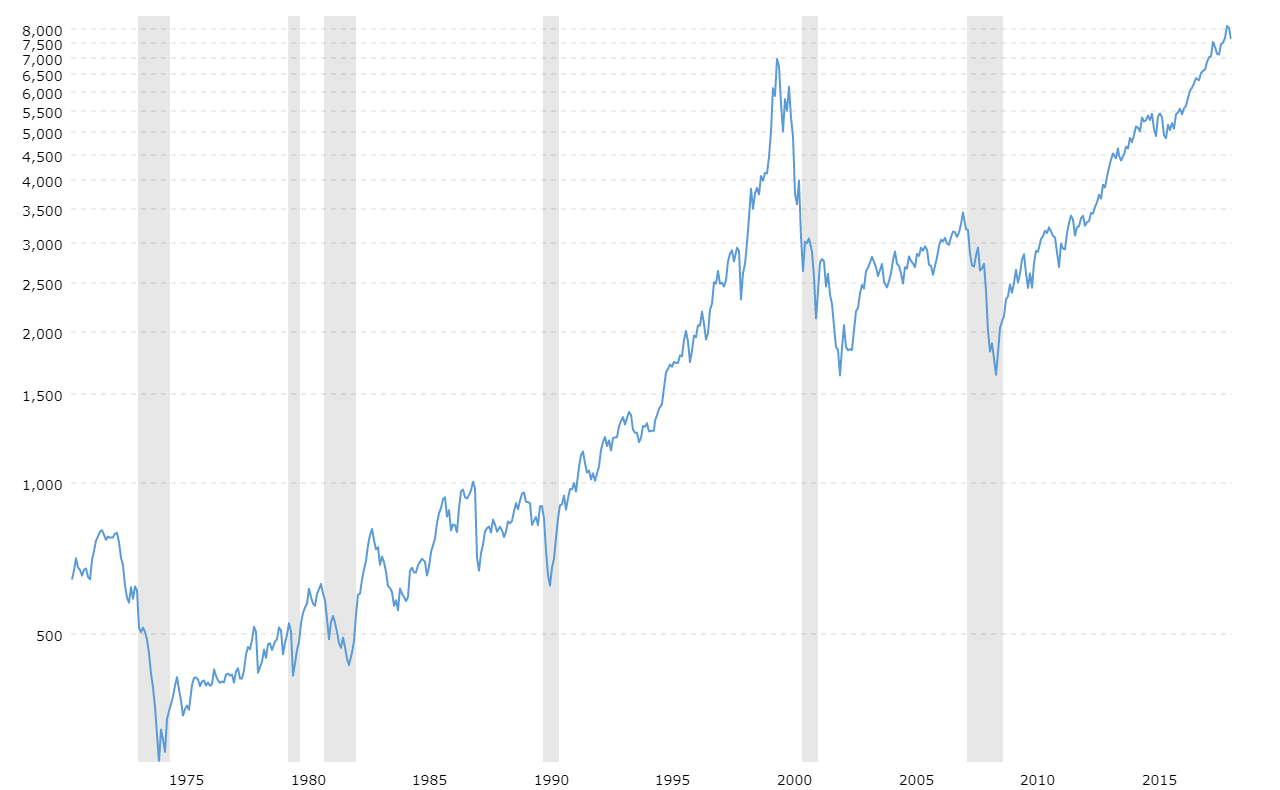Your assertion that the "real economy" is exclusively the private sector appears to disregard the multifaceted nature of a nation's economic structure. In reality, a capitalist market economy is an intricate web that comprises both private and public sectors.
To suggest that the public sector or government is somehow detached from the "real economy" is to overlook the essential roles government plays in our economy. The government regulates markets, enforces contracts and property rights, provides public goods and services, and mitigates economic risks, uncertainties, and so-called "externalities". In doing so, it creates a foundation upon which private enterprise can function and prosper.
Furthermore, let's consider your point in the context of a government employment guarantee. Such a program would inject salaries into the economy, which in turn would be used to purchase goods and services. These transactions stimulate demand, which fuels further economic activity. This is not separate from the "real economy"; it's a critical part of it.
Moreover, the work produced by those in the government public works program, be it building infrastructure, providing child daycare, or maintaining public spaces, contributes to increasing economic growth and development. The infrastructure that these government workers will develop, supports commerce, and improve everyone's quality of life. These are not fringe elements of the economy, but core contributions to our collective prosperity.
A capitalist, market economy is not a one-dimensional entity driven solely by the private sector. It is a dynamic, interconnected system that relies on a mix of public and private participation to function effectively. A government system of guaranteed employment, is undoubtedly a part of this system, contributing both to economic activity and to the well-being of the society it serves.
Not necessarily, that's a cynical, smug opinion that doesn't necessarily reflect reality. People find themselves stuck in a financial rut for many reasons. I've met plenty of intelligent, capable people who were homeless, living out of a vehicle, sleeping in a tent, or staying at the local Christian homeless mission. People go through hard times and perhaps weren't originally given the same opportunities to actualize their fullest potential, as perhaps a person born and raised in a middle-class or wealthy household.
She's 21 years old, single mother, who lives alone with her two young children. She pays a large sum of money for daycare, She's trying to improve herself and make some time to go to school. The government could help her achieve that, by providing her with a better job, that pays a living wag
e (enough to live on, without needing food stamps). Helping her pay for her education or vocational job training.
He's 31, got out of prison three months ago, and has a horrible employment history gap on his resume, not to speak of the fact that he spent over ten years in prison. He wants to get his life together and become a productive, law-abiding member of his community. The government gave him a job in public works, paying him a living wage, and investing in his training. In a few years, he'll have a much better-looking resume and will be in a better position to get a higher-paying job in the private sector.
Todd thinks these two people and tens of millions of other Americans like them, are just "stupid" and should be consigned to a life of abject poverty, substance abuse, crime..etc. That's just the way, Todd, the champion of the godlike "free market" interprets the world. He sees everything through the lens of what and who is commercially viable. Those who don't appeal to his beloved capitalist market, are thrown away like a piece of trash.
Your assertion that individuals seeking government employment are 'stupid' is not only disrespectful but also fundamentally incorrect. Intelligence is not the sole determinant of an individual's employment status; factors like market fluctuations, sector shifts, and economic downturns all play significant roles.
Moreover, the idea that the government would only offer 'unnecessary' jobs reflects your limited view of the vast array of services that the public sector can and does provide. Here are some examples of sectors where the government could significantly increase its workforce, providing meaningful work that contributes to societal well-being and economic growth:
- Infrastructure: From construction workers to civil engineers, we need people to build and maintain roads, bridges, public transport systems, and more.
- Education: We could employ more teachers, teacher's aides, counselors, and support staff in schools and adult education centers.
- Healthcare: The public health sector could use more doctors, nurses, healthcare technicians, social workers, and mental health professionals.
- Childcare and Elderly Care: As our population ages and as families increasingly have two working parents, the need for affordable, high-quality care services grows.
- Conservation: More rangers, biologists, and workers could be employed in maintaining and restoring our national parks and forests.
These jobs aren't unnecessary; they're critical. They meet societal needs, they improve our quality of life, and they create a stronger economy.
By implementing a job guarantee program, the government can reduce the desperation in the labor market and increase the bargaining power of workers. When there is an alternative to low-wage, precarious work in the private sector, private employers will be pressured to offer better wages and working conditions to attract and retain staff. This is not just about justice for workers; it's also about creating a more stable, resilient economy.
Ultimately, every individual deserves the dignity of meaningful work and a living wage. Labeling individuals as 'stupid' and discarding them as if they're disposable doesn't strengthen our society or our economy. It leads to social unrest, higher crime rates, and increased public spending on social safety nets. As a society, we are far better off investing in employment opportunities that not only support individuals and their families but also contribute to the overall health and productivity of our nation.
